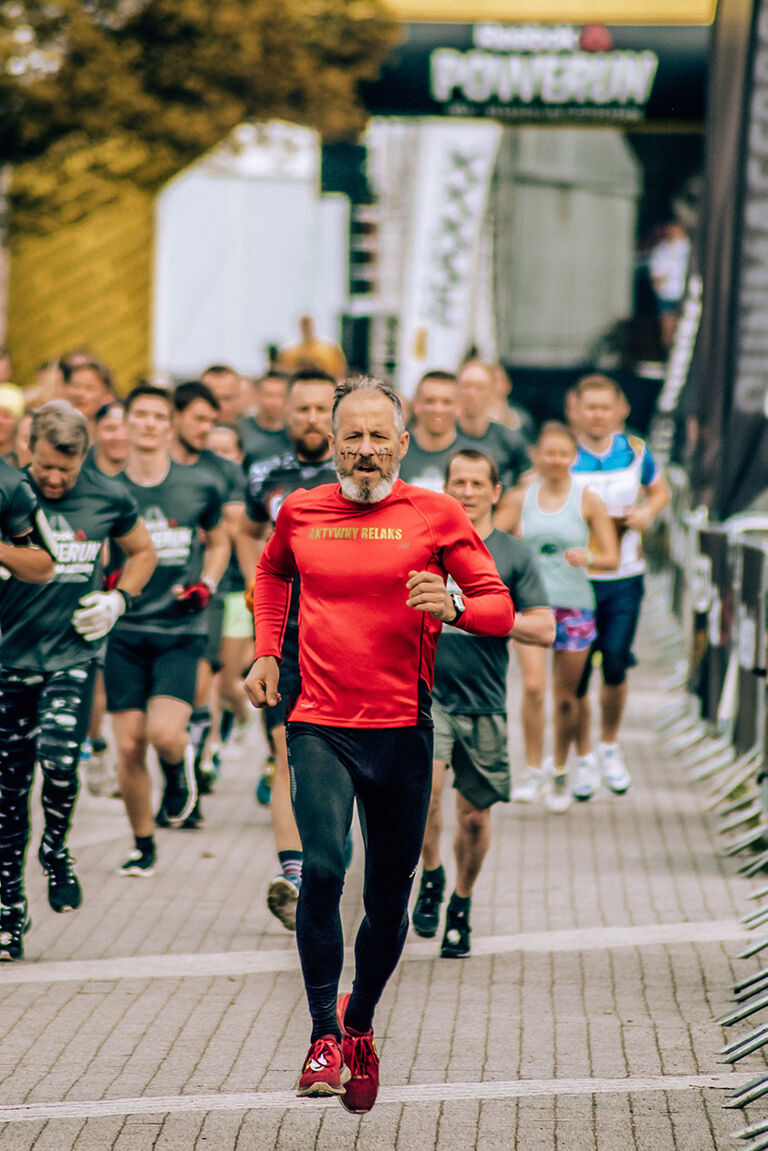SLEEP FOR ATHLETIC PERFORMANCE; THE WORKER WARRIOR ATHLETE

Dr Alice McNamara
What are you working on? Got a big race coming up?
Much planning, effort, time and money is invested into preparing for a marathon, a cycle race, a triathlon or an Ironman. More and more professional people in areas from Business to Law to Medicine are focusing endurance or multi-sport events to maintain goals and fitness lifestyles outside work. Many are also Mums, Dads and students. These goals give us a purpose and an outlet to push and measure ourselves. They are admirable and rewarding, but are always a tricky balance.
Overtraining is a real and common problem for amateur athletes, who unlike their professional counterparts have a real and common risk of “under recovery”. You may be surprised to hear that active but ordinary people are actually more prone to fatigue, staleness, burnout and overtraining than pro athletes.
We all have varying capacities to prepare for our athletic goals and there is a correct, competing balance between life; jobs, kids and family which should take priority. To balance being an athlete with work and family we get up early to train or hit the gym after work. What suffers? Usually sleep.
Various studies imply that sleep is needed to maintain metabolic-caloric balance, temperature balance, and immune system competence. Combining low sleep levels with a diet low in carbohydrate or sugar to reach low body fat levels, and you get a working athlete who is tired, grumpy, irritable and just not performing well at sport or life. Hormones are disrupted and you will be more susceptible to getting sick.
So while the alarm goes off at an ungodly hour before a long and full day, for what may seem like the important priority at the time (the TRAINING), it’s taking away from your #1 recovery aide – sleep.
Put differently, you need adequate sleep and nutrition to reap the benefits of your actual training. Deprive yourself of sleep, and you will not adapt or get the training benefit from the sessions. You will find yourself constantly fatigued, with a low mood, struggling with weight, feeling slow instead of motivated, lean, strong and fast.
The function of sleep is to allow the body to repair and regenerate. Neuronal cells in the brain and telomeres containing DNA are repaired. These functions are really vital as telomere shortening is associated with biological aging, age-related disease, some cancers and increased mortality.
During sleep, our muscles are allowed more blood flow and oxygen to flush toxic waste products to the liver and kidneys, and repair. They work on growing new blood vessels. The mitochondrial cells (energy organelles/ metabolic powerhouses) that you have stimulated in training can multiply so they can work for you in your next session. You need these adaptations to get fitter and faster.
So it’s a trade off! If the alarm goes off in the morning and you choose sleep every time, you will never train for your event! But, burning the candle at both ends with just leave you run down, fatigued, and not able to adapt from the hard training you do get done.
I recommend you have these discussions with the help of a coach, a sports doctor or an exercise physiologist, even a knowledgeable training partner. Sometimes as a working athlete who places high expectations on yourself to deliver on numerous life commitments, engaging a “3rd party” can help settle the “must just do more” psychology. They can be a voice of reason and outline a process so you can see results.
So, here are a few practical considerations with the goal of creating the time you need for recovery.
- Engage a trustworthy coach or trainer, exercise physiologist or sports physician.
- Create a training program blueprint. These are your short and long term goals for the 12 to 24 months.
- Schedule in smart and targeted training sessions. Hard or interval training sessions (~3 per week) should be separated by steady endurance or recovery sessions. Remember that returns on training start to diminish after 2.5 hours, so don’t get caught up on the numbers after that.
- Monitor your volume and intensity against what you planned to do. Use a watch Suunto/ Garmin and a tracking program ie TrainingPeaks.
- You should have minimum ONE rest day per week (light activity is ok). You may need more to get your mojo back from time to time. This is NORMAL.
- Make sure sessions are timed in the day so you can get adequate hours of sleep. Do not try and have a late evening session backed up by an early morning one. If the morning one is the priority, keep the evening session earlier and shorter. Remember the point about allowing the body to recover.
- Consider drawing up an activity and behaviour schedule to prioritise rest and family time around training. If kids are a factor, you may need to be even more creative.
- Try modifying sessions to be shorter and/ or at home, and using the work commute for training (add an extra loop for a ride/run or a combination of public transport and ride/run). Break up the work day if you are lucky enough to be able to use your lunch break to train.
- Try to keep those 7-8 hours at night sacred.
- Finally, create the space and environment for a proper nights rest.
- Make your bedroom a comfortable haven for sleeping. Make your bed in the morning so it’s ready to go at night. Turn off the TV, shut down social media, and aim for more alcohol free evenings. Crawl into that lovely bed as soon as you can.
Feel it for yourself
Find a Tempur store or Stockist and try out our range of mattresses for yourself




